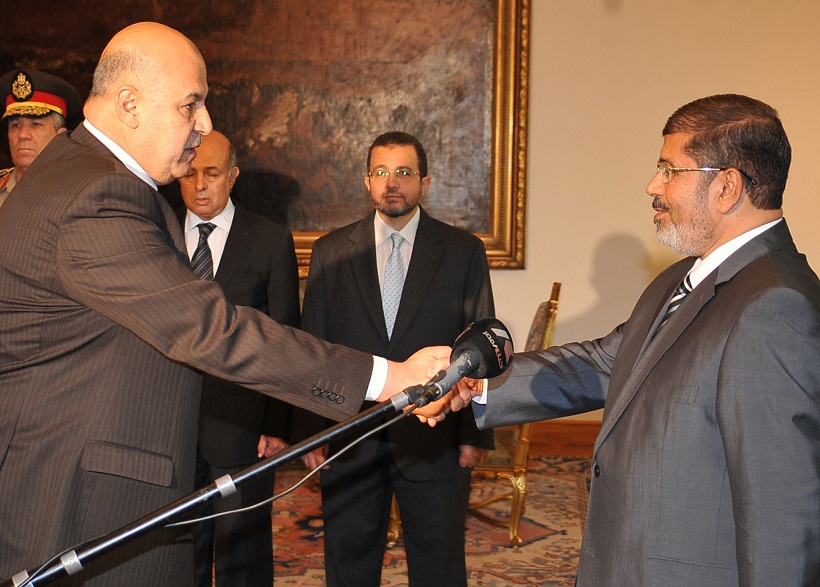Minister of Petroleum and Mineral Resources Karim Badawi announced that Egypt’s petroleum sector has achieved 18 new oil and gas discoveries since July, with 13 already integrated into the national production map. These new wells collectively produce around 14,000 barrels per day of crude oil and condensates, in addition to 44 million cubic feet per day of natural gas.
In a statement issued on Wednesday, Badawi said the discoveries reflect the ministry’s ongoing efforts to boost domestic oil and gas production and reduce the burden of energy imports on the national economy by intensifying exploration and drilling activities.
He highlighted that the onshore Nile Delta recorded its first gas discoveries in two years. The first came from Harbour Energy through the Desouq Petroleum Company after drilling the North Sidi Ghazi 9-1 well, while the second was made by Dana Gas via El Wastani Petroleum Company through the Salma Delta-6 well. Both wells have now been linked to production, with a combined output of 19 million cubic feet of gas per day.
In the Western Desert, Khalda Petroleum Company achieved several successful finds, most notably SHAI-3X and WD 33J-1X, which have been brought online with a combined production exceeding 3,550 barrels of crude oil and 23 million cubic feet of gas per day. Meanwhile, Agiba Petroleum Company recorded a new discovery at Dorra-44, producing over 500 barrels per day, and the General Petroleum Company announced a new find in the Abu Senan area (GPU-1X) with an average output of 350 barrels per day.
Additionally, in the East Alam El-Shawish area of the Western Desert, Petrosanan Company achieved a new oil discovery through the HG34/1 D-1X well, producing around 1,000 barrels per day. In the Eastern Desert, Petrobakr and Cheiron made three new discoveries in the South Ghazalat and North Um Baraka areas, where reservoir assessments and well testing are currently underway.
Badawi noted that the recent Western Desert discoveries have yielded production from previously unexplored geological formations, encouraging companies to pursue deeper drilling horizons. He added that the use of artificial intelligence technologies has played a pivotal role in identifying promising exploration targets and improving the success rate of recent wells — underscoring the sector’s transition toward data-driven exploration and innovation to sustain Egypt’s energy growth.



